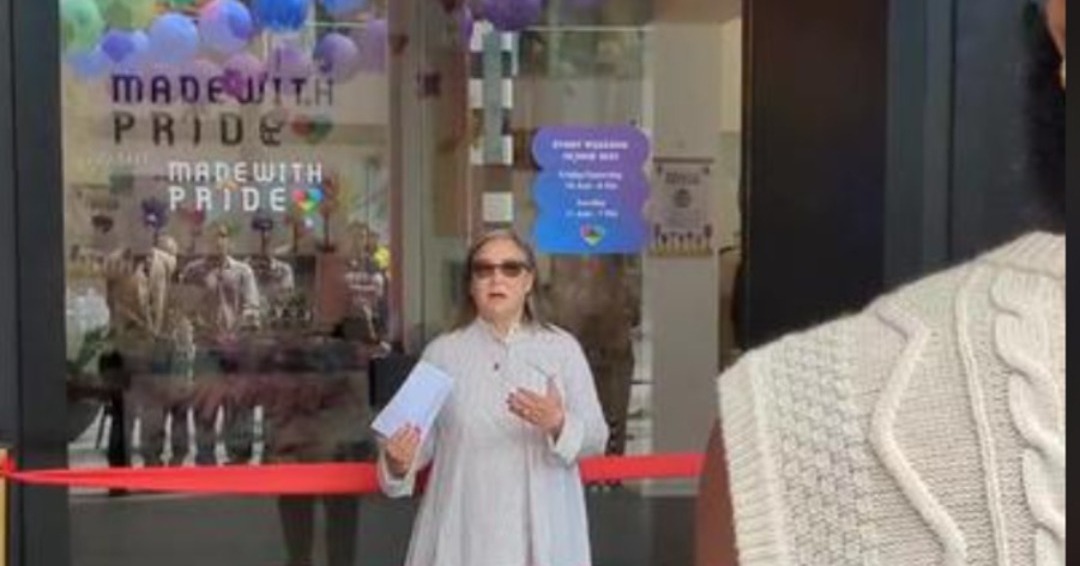Acknowledging hearing loss usually begins with complex reactions, but the first and most common one is denial. Although there are many reasons why people go into denial about hearing loss, the bottom line is: taking that first step to get a hearing test may confirm their worst fear – that they do, indeed, have a hearing loss.
There are factors that make denial a logical mindset for many people.
For example, hearing loss often progresses slowly. People don’t realize what they are missing in conversations and how many everyday sounds from the world around them they no longer hear – they subconsciously adapt to this subtle progression.
It is a known fact that it takes about seven years for someone to acknowledge hearing loss. They may even hear well in some situations – good acoustics, quiet atmosphere without background noise, one-on-one conversations with a familiar person who articulates clearly. This results in the rationalization that their hearing is fine.
Denial can even be a tricky thing when that person uses it as a defense mechanism, causing them to point their finger outward: everyone else has the problem – the world “mumbles.” But most of the time the denial goes back to our society’s historical “taboo” of aging.
How do you help a loved one move beyond denial? The best advice is don’t push too hard. They will resist even more. After all, if someone is in denial then he/she truly believes nothing is wrong. So, if the idea of possible hearing loss and therefore having to get a hearing test is going down like the Hindenburg, take baby steps.
First, find out where they are having the most trouble hearing and work on situations one at a time. Show them what they are missing as opposed to mocking or making fun of what you have observed. If the volume of a TV becomes too loud, look into assistive listening devices that can be used with TVs. Find a phone or handset with stronger volume control if they are missing phone calls. Or, if they can’t hear the doorbell, alarm clock or smoke alarm, look into visual/ vibrating alerting systems. Use safety as the motivator to get them to consider taking that hearing test. These are the first steps to get people to be aware of their hearing loss and of what they can do about it.
As the person who is trying to get a loved one to take a hearing test, it is important for you to know the other reasons for making that happen. Long term unchecked hearing loss can cause auditory deprivation (a condition that results in the brain “forgetting” how to hear and understand speech). Ninety-five percent of people with hearing loss can be treated with hearing aids. Nine out of ten hearing aid users report improvements in quality of life.
At HearUSA, trained professionals can provide the proper testing to determine hearing loss. Call 855.237.6618 to find out more.













